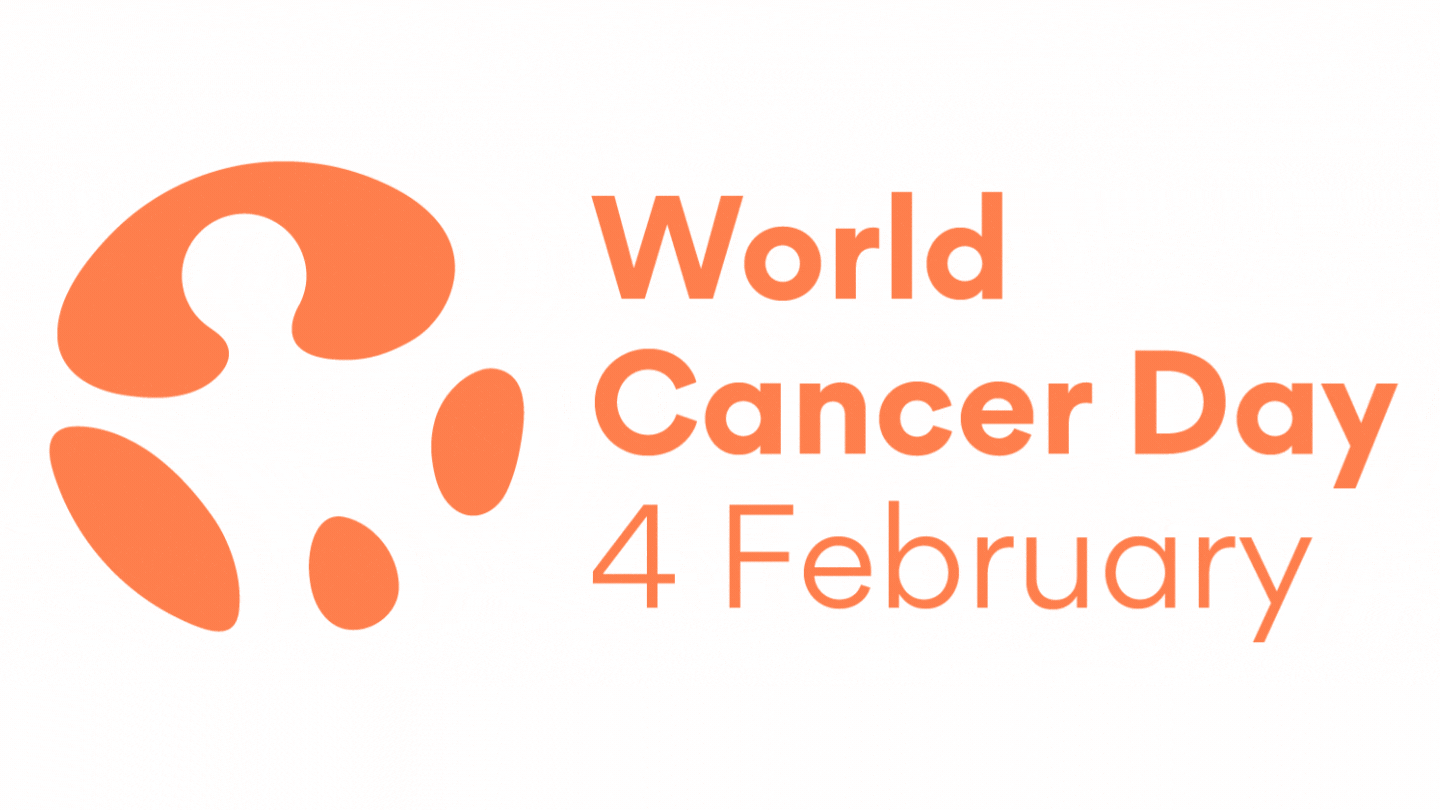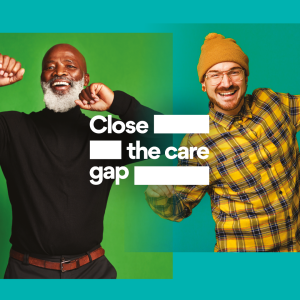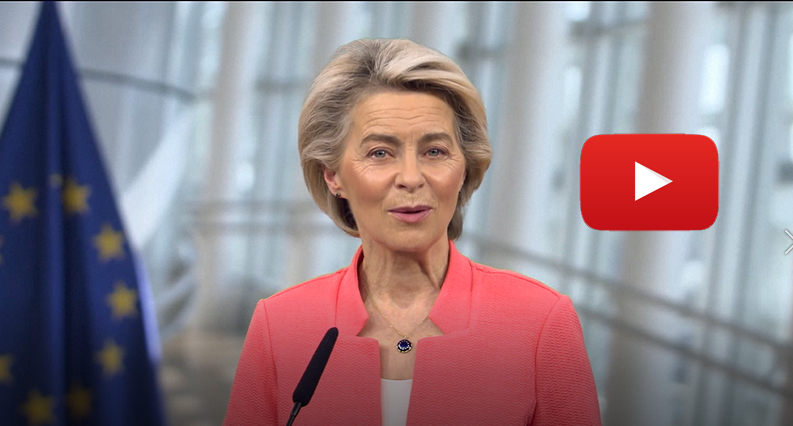Honouring World Cancer Day 2022 to keep the liver top of the agenda
4 February 2022
On World Cancer Day, EASL focusses on the global threat of liver cancer and we draw attention to our goals and efforts so far, embedded in our policy and public health strategies.
What is World Cancer Day?
World Cancer Day, held yearly on 4 February, is a global initiative that serves to raise worldwide awareness, improve education, and catalyse action to fight cancer – from the personal, to the collective, and the governmental level.
Millions of preventable cancer deaths can be saved and access to life-saving cancer treatment and care should be equitable for all, no matter who you are or where you live.
What is the theme of World Cancer Day 2022?
#ClosetheCareGap, a theme running across three years, serves to raise awareness about a persistent equity gap affecting almost everyone, in high as well as low- and middle-income countries, and is costing lives. Liver cancer is no exception to this equity gap. For example, liver cancer cases can be as much as double, from one region of Europe to another, a gap which indicates the inequity of both prevention and care.
How can we close the care gap that liver cancer patients face?
One key strategy to tackle inequity is health literacy. Boosting health literacy, at an individual, public, and systemic level, can help patients benefit from earlier diagnosis and better treatment. Including health literacy in public policy is thus essential for ensuring these benefits are sustainable and widespread. EASL recently held a Patient Forum on health literacy relating to liver care, co-organised with our Patient Synergies members and experts on the topic.
EASL activities to keep the liver under the spotlight in the EU setting
Exactly a year ago, the European Commission (EC) published Europe’s Beating Cancer Plan. The Plan aims to improve the health of all people across the EU, and its key pillars – prevention, diagnosis, treatment, and quality of life – align with EASL’s goals. Since this landmark publication, EASL has remained committed to highlighting the importance of the liver at EU-level initiatives. Liver cancer prevention is at the heart of EASL’s efforts, to change the prevailing trend of increasing incidence and mortality.
At the end of 2021, the EC then published the Implementation Roadmap of Europe’s Beating Cancer Plan. EASL supports all policy efforts to reduce harmful alcohol consumption, namely through the review of EU legislation on taxation of alcohol and the proposal to include health warnings on alcoholic beverage products.
Building on EASL activities to fight liver cancer
Through 2021, EASL followed EU activities closely, contributing in a timely and strategic way, to emphasise the threat of liver cancer in Europe and the solutions available. EASL triggered its advocacy campaign with the Cancer Plan with an Open Letter to the EU institutions, including ten asks to improve liver cancer care and prevention. One of EASL’s calls is to continue promoting change in cancer screening policies at EU level and adding liver cancer to the future EU screening scheme list, notably for patients with underlying risk factors.
In October 2021, during Liver Cancer Awareness Month, we held a high-level advocacy event, jointly run with the European Liver Patients’ Association (ELPA) and under the patronage of the Slovenian presidency of the Council of the European Union. The webinar was titled: Beating liver cancer in Europe – the empowerment of prevention and early detection.
In December 2021, we launched the prestigious report of the EASL–Lancet Liver Commission, Protecting the next generation of Europeans against liver disease complications and premature mortality. This report warns that Europe’s fragmented health policies and health systems urgently need to become more integrated, coordinated, and effective to enable earlier detection of disease and to bring common risk factors for liver disease like alcohol and obesity under control. The report also makes ten key recommendations, approximately half of which are targeted to health professionals, and half of which are intended for policymakers.
Keynote speaker at this launch, Ursula von der Leyen, President of the European Commission, said:
Each year, almost 300,000 people in Europe die prematurely due to problems of the liver. Many of them could have lived longer and healthier lives. Because today, in most European countries, there is good access to secondary care. And in most cases, liver disease can be prevented. Prevention is the best cure that we have. So together, we need to raise more awareness of the preventable and treatable nature of many chronic illnesses.
What steps is EASL taking in 2022?
EASL remains committed to ensuring that the liver remains included in efforts to tackle cancer, as a broad public health threat. The liver must not be overshadowed or stigmatised.
This month, the EC has issued a call for evidence regarding its first revision of the Council Recommendation on Cancer Screening from 2003. In its current form, this Recommendation is confined to other cancers (breast, colorectal, and cervical cancers). The EC aims not only to bring the Council Recommendation in line with the latest scientific evidence, but to possibly extend it to cover other cancers, where evidence suffices. EASL intends to respond to the call and continues to advocate for the inclusion of liver cancer screening for specific, at-risk groups.
In January 2022, representing EASL’s Policy and Public Health Committee, Prof. Peter Jepsen took part in a stakeholder consultation of the Group of Chief Scientific Advisors to the European Commission on cancer screening, at which he highlighted the importance of adding liver cancer to the EC Council Recommendation on Cancer Screening.
How can liver screening mitigate liver cancer?
Of all patients who develop liver cancer, 80–90% have an underlying chronic liver disease. Early detection and treatment of these liver diseases can effectively prevent liver cancer from developing.
All international guidelines recommend surveillance of high-risk populations to diagnose liver cancer earlier and offer treatments. Yet in Europe, monitoring takes place mostly according to ad-hoc recommendations from one’s doctor. We urgently need monitoring programmes to be rolled out across Europe. Screening and monitoring save lives, and can extend life expectancy considerably, as the EASL–Lancet Commission points out. Unfortunately, however, more than 60% of patients with liver cancer in Europe are diagnosed too late, only at intermediate or advanced stages of cancer. The COVID-19 pandemic offers us a window of opportunity created to overcome the fragmentation and variability that affect health prevention policies and research Europe-wide, to prioritise the liver and to make tangible changes to save lives,
said Prof. Maria Buti, Chair of EASL’s Policy and Public Health Committee.
More EASL actions underway
Read the joint letter from the European Chronic Disease Alliance (ECDA), signed 4 February 2022 by 12 signatories, including EASL, calling to protect the strength of the BECA report during plenary vote, plus a follow-up letter from 14 signatories of 10 February 2022.
Read EASL’s statement on cancer screening submitted to the European Commission Council Recommendation on Cancer Screening
Our two-day Liver Cancer Summit 2022 took place online, 3-4 February, bringing together the hepatology community dedicated to fighting liver cancer.
View EASL’s user-friendly infographic, Liver Cancer Explained.
Our Patient Synergies Roundtable in 2020 explored identifying the needs of liver cancer patients and their families, and the best ways to accompany them.
Read more about EASL’s Policy and Public Health Committee
Find out more about EASL’s EU Affairs and Advocacy activities




